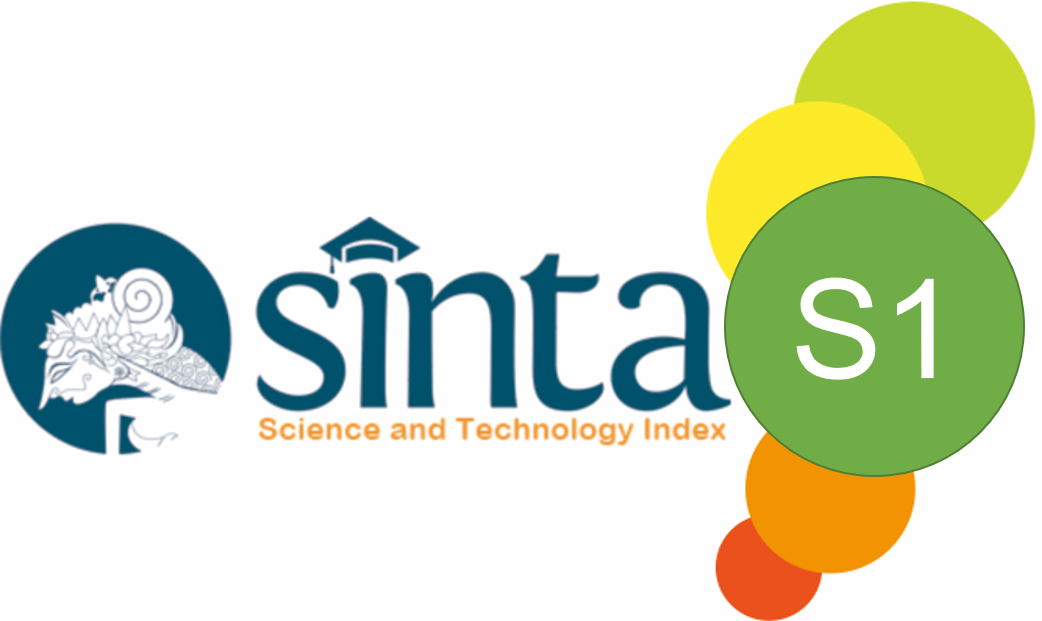Adaptive Mixed Finite Element Method for Elliptic Problems with Concentrated Source Terms
Abstract
Keywords
Full Text:
PDFReferences
Adler, J. H., Manteuffel, T. A., McCormick, S. F., Nolting, J. W., Ruge, J. W., & Tang, L. (2011). Efficiency based adaptive local refinement for first-order system least-squares formulations. SIAM Journal on Scientific Computing, 33(1), 1-24.
Bahriawati, C. and Carstensen, C. (2005). Three MATLAB implementations of the lowest-order Raviart-Thomas MFEM with a posteriori error control. Computational Methods in Applied Mathematics Computer Methods Applied Mathematics, 5(4), 333-361.
ShaoHong, D., and XiaoPing, X. (2008). Residual-based a posteriori error estimates of non-conforming finite element method for elliptic problems with Dirac delta source terms. Science in China Series A: Mathematics, 51(8), 1440-1460.
Tiandho, Y. (2017) Dirac particles emission from an elliptical black hole. Indonesian Journal of Science and Technology, 2(1), 50-56.
Yeh, W. (1986). Review of parameter-identification procedures in groundwater hydrology - the inverse problem. Water Research Research, 22, 95-108.
Zwolak, M. (2008). Numerical ansatz for solving integro-differential equations with increasingly smooth memory kernels: spin-boson model and beyond. Computational Science and Discovery, 1(1), 1-19.
DOI: https://doi.org/10.17509/ijost.v4i2.18183
Refbacks
- There are currently no refbacks.
Copyright (c) 2019 Indonesian Journal of Science and Technology

This work is licensed under a Creative Commons Attribution-ShareAlike 4.0 International License.
Indonesian Journal of Science and Technology is published by UPI.
View My Stats




















